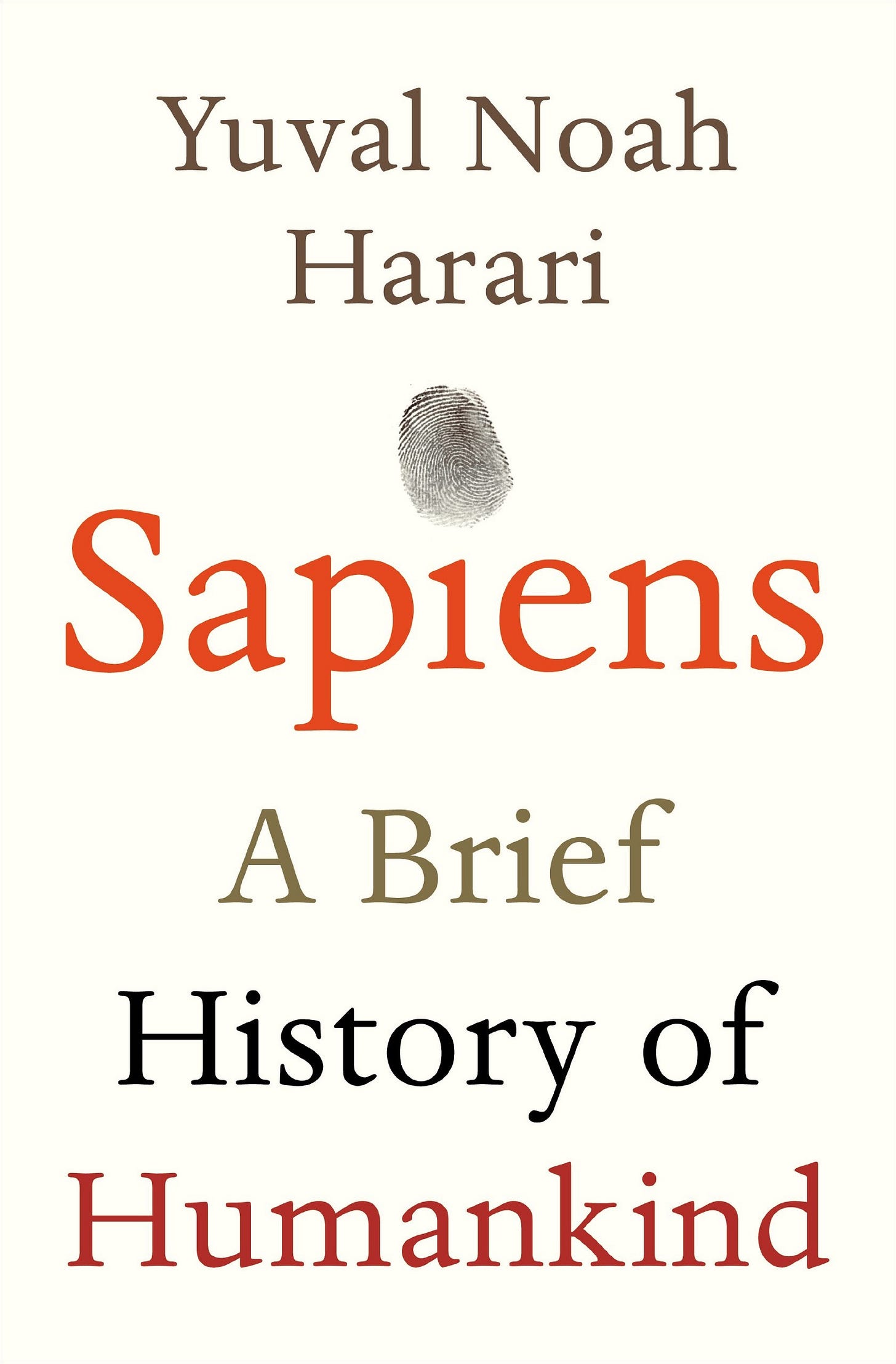Sapiens: A Brief History of Humankind
A book that presents thought-provoking ideas and interpretations, which have sparked debates and controversies within the academic community.
Sapiens: A Brief History of Humankind by Yuval Noah Harari is a thought-provoking exploration of the history of our species. I appreciate Harari's captivating writing style, his ability to weave together complex ideas, and his talent for storytelling.
Harari delves into pivotal moments in human history, shedding light on significant developments that have shaped our world. One such moment is the cognitive revolution, which occurred around 70,000 years ago when Homo sapiens acquired the ability to think and communicate in unprecedented ways. This cognitive leap paved the way for the emergence of complex social structures and cooperation, driving our species forward.
Another crucial aspect Harari delves into is the Agricultural Revolution. Around 12,000 years ago, humans transitioned from nomadic hunting and gathering societies to settled agricultural communities. This revolution fundamentally transformed our way of life, leading to the rise of civilization, the development of cities, and the birth of agriculture as a foundation for human sustenance.
Throughout the book, Harari challenges conventional wisdom and offers insightful perspectives. He explores the concept of money as a collective fiction, highlighting its role in facilitating economic exchanges and cooperation on a large scale. This thought-provoking notion encourages readers to question the fundamental structures that govern our societies.
Harari also delves into the profound impact of the Scientific and Industrial Revolutions. These transformative periods in human history brought about groundbreaking discoveries and technological advancements that have shaped every aspect of our existence. The author emphasizes the significance of these revolutions, underscoring their role in propelling our species forward and reshaping the world as we know it.
While reading Sapiens, it's impossible to ignore the influence of empires. Harari examines the rise and fall of various empires throughout history, emphasizing their impact on cultural exchange, trade, and the spread of ideas. By understanding the dynamics of empires, readers gain valuable insights into the interconnectedness of human societies and the forces that have shaped our global civilization.
It is important to note that Sapiens presents a range of thought-provoking ideas and interpretations, which have sparked debates and controversies within the academic community. Harari's perspectives, while compelling, are not without their critics. Therefore, it is essential for readers to approach these controversial aspects with an open mind and engage in further exploration and research to form a well-rounded understanding.
Sapiens: A Brief History of Humankind is a captivating book that skillfully weaves together complex ideas, historical facts, and thought-provoking perspectives. Harari's engaging writing style and talent for storytelling make the book accessible and intriguing. The inclusion of pivotal moments, such as the cognitive and agricultural revolutions, as well as the impact of empires, provides readers with a comprehensive understanding of the forces that have shaped human history. Despite the controversial aspects, this book is a valuable read for anyone interested in delving into the story of our species and understanding the development of humanity.




